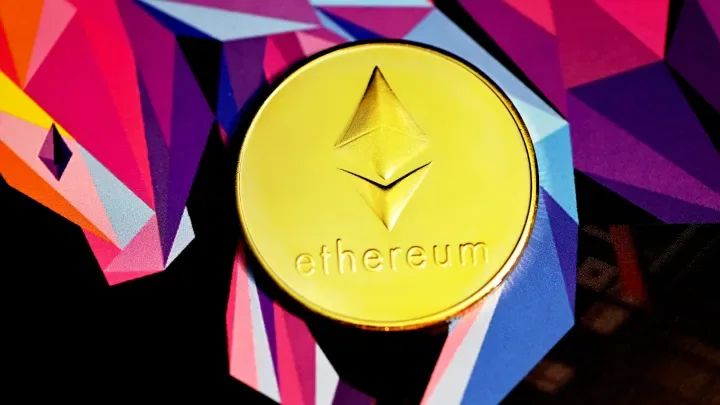After recent debates in the crypto community concerning its connections to EigenLayer developers, executive director Aya Miyaguchi announced that the Ethereum Foundation will implement a conflict of interest policy.
On May 19, Justin Drake revealed in an X post that he had accepted an advisory role at EigenFoundation. He disclosed that he would receive incentives valued in the millions but intended to reinvest the money back into the Ethereum (ETH) ecosystem. The following day, Dankrad Feist, another advisor, made a similar announcement, acknowledging he had received a significant amount of tokens. Feist emphasized that these tokens would not influence his views on core protocol development but wanted the community to be aware for accountability purposes.
Both researchers clarified that their new roles were personal and not on behalf of the Ethereum Foundation. Drake assured that he would remain critically objective towards EigenLayer, while Feist committed to maintaining contrarian views when necessary. The reactions from the community were mixed. ZkSecurity co-founder David Wong praised Drake's transparency, while others were skeptical, suggesting the disclosures were forced by external leaks.
Soon, Miyaguchi addressed these concerns in her own X post. According to her, relying solely on culture and individual judgment had proven insufficient to maintain the foundation's credible neutrality. She indicated that the foundation had been working on a formal policy to address these issues and promised more details soon. In her words,
"The Ethereum Foundation’s credible neutrality is critical for us to perform our role in the ecosystem. We are aware of the current conversation about potential conflicts of interest, and share the community’s concerns."
EigenLayer is a layer-2 restaking protocol on Ethereum. Released in April 2023, the protocol enables Ethereum node operators and validators to earn fees by restaking liquid Ether (ETH) they received for staking. These assets can be used on Ethereum Virtual Machine (EVM) platforms like Lido or to validate and secure other networks, effectively allowing the same assets to be staked twice.








